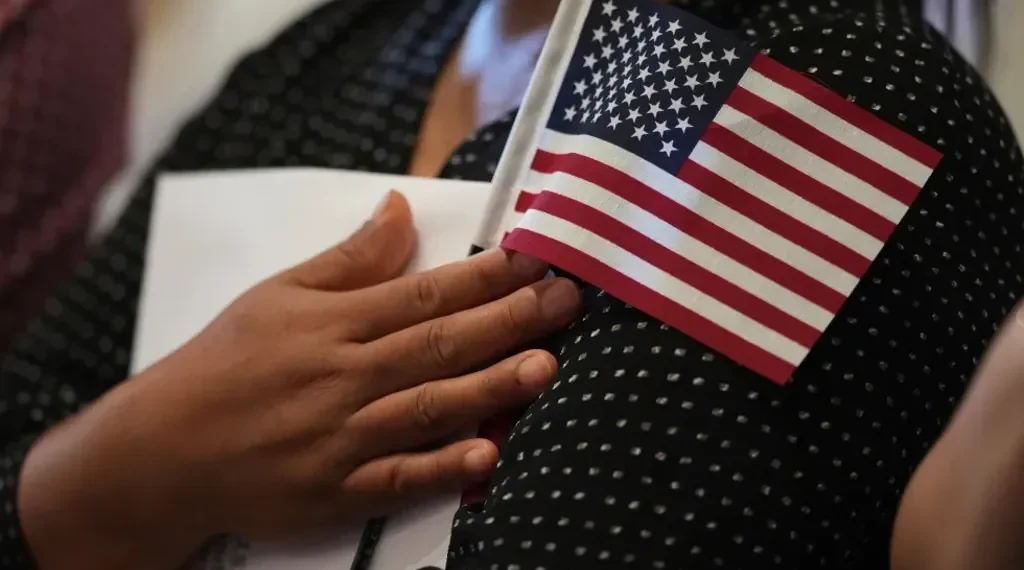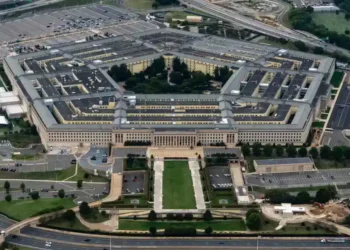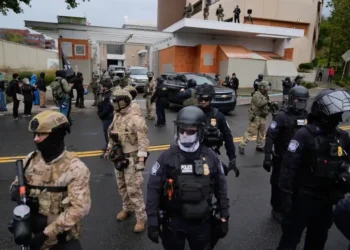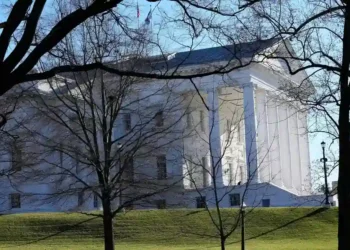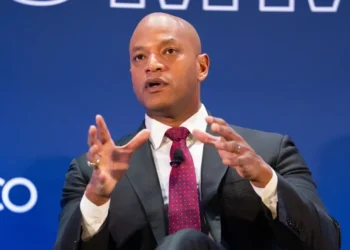Naturalized Citizens Navigate New Immigration Uncertainty
For many immigrants, naturalization represents a cornerstone of safety, stability, and civic inclusion. Dauda Sesay, who arrived in the United States after fleeing civil war in Sierra Leone, embraced this promise when he became a U.S. citizen more than 15 years ago. He believed that following the law and participating in civic life would guarantee protection and belonging.
However, recent policy shifts and heightened enforcement actions have introduced new uncertainties for naturalized citizens. From questions about travel to fears of detention, many are now navigating a landscape where citizenship feels less absolute. Experts say the combination of aggressive immigration policies, potential denaturalization initiatives, and public statements targeting immigrant communities has created widespread concern.
The Promise of Naturalization
When Sesay took the oath of allegiance, he expected a mutual commitment: he would uphold U.S. laws and responsibilities, while the nation would ensure his rights. “When I raised my hand and took the oath of allegiance, I did believe at that moment the promise that I belonged,” he said.
Naturalization has long been considered a protective measure for immigrants, conferring rights such as voting, legal residency security, and access to government programs. Yet the perception of this protection is now being tested under shifting federal priorities.
Emerging Fears Among Citizens
Some naturalized Americans worry that routine travel, both domestically and internationally, could bring challenges. Reports of citizens being questioned or detained at U.S. borders, even with valid documentation, have amplified anxiety. Sesay says he now carries his passport on all domestic trips, despite holding a REAL ID that meets federal identification standards.
Immigration enforcement operations, including roundups involving federal agents in cities such as Chicago and New York, have occasionally included U.S. citizens, according to news reports. One citizen has filed a federal lawsuit after being detained twice.
The Department of Justice has indicated increased attention to denaturalization, targeting individuals with criminal histories or national security concerns. Public remarks by President Trump have further fueled apprehension, including comments regarding specific political figures who naturalized as adults.
Community Responses and Silence
The atmosphere of uncertainty has led some naturalized citizens to avoid public discussion of their status. Community organizations have noted widespread hesitation to speak on record.
State Sen. Cindy Nava of New Mexico, who gained citizenship through marriage after DACA protection, says the fear she now observes among naturalized citizens is unprecedented. “Now the folks that I know who were not afraid before are uncertain of what their status holds in terms of a safety net,” Nava said.
Citizenship in Historical Context
Citizenship in the U.S. has evolved dramatically since the nation’s founding. The Constitution referenced citizens but did not define the term, leaving it open to interpretation. Stephen Kantrowitz, a history professor at the University of Wisconsin-Madison, notes, “It’s a term of art… suggesting equality of members of a political community, but it is… so undefined.”
Early naturalization laws in 1790 limited citizenship to “free white persons of good character.” Racial and national restrictions persisted through the 19th and early 20th centuries, only being lifted in 1952 and restructured in 1965 through the Immigration and Nationality Act. Historically, denaturalization has occurred, such as in the 1923 Supreme Court ruling in U.S. v. Bhagat Singh Thind, which revoked citizenship for Indian immigrants, and during World War II, when Japanese Americans were interned despite citizenship.
“Political power will sometimes simply decide that a group of people, or a person or a family isn’t entitled to citizenship,” Kantrowitz said.
Modern Implications and Personal Impact
For Sesay, the recent changes feel like a breach of trust. “The United States of America — that’s what I took that oath of allegiance, that’s what I make commitment to,” he said. “Now, inside my home country, I’m seeing a shift… Honestly, that is not the America I believe in when I put my hand over my heart.”
The uncertainty surrounding citizenship today is not merely theoretical. Policy adjustments, enforcement practices, and public discourse have practical implications for travel, family life, employment, and civil participation for naturalized Americans. Experts emphasize the need for clarity, legal guidance, and public education to ensure naturalized citizens understand their rights.
This article was rewritten by JournosNews.com based on verified reporting from trusted sources. The content has been independently reviewed, fact-checked, and edited for accuracy, neutrality, tone, and global readability in accordance with Google News and AdSense standards.
All opinions, quotes, or statements from contributors, experts, or sourced organizations do not necessarily reflect the views of JournosNews.com. JournosNews.com maintains full editorial independence from any external funders, sponsors, or organizations.
Stay informed with JournosNews.com — your trusted source for verified global reporting and in-depth analysis. Follow us on Google News, BlueSky, and X for real-time updates.
